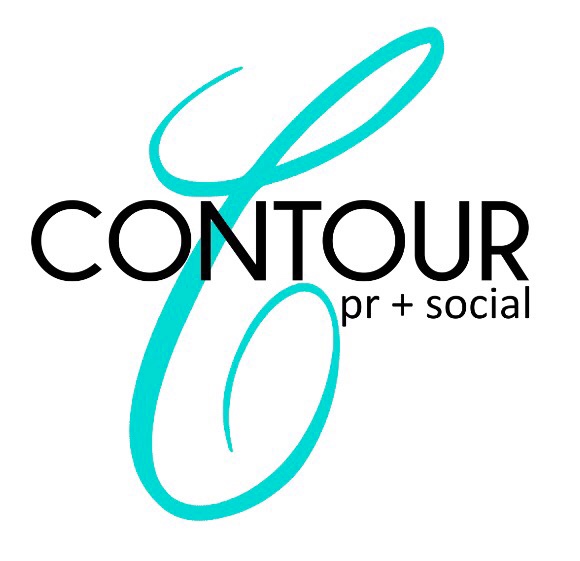Building Your Business through Community Relations
Not romantic relations (but yes, Valentine’s Day is looming)
We’ve all heard it’s who you know. This is my testimony to the power of community: I launched Contour PR + Social in 2014 with no customer acquisition plan. My first client was referred by a woman I’d met at an after-work mixer years earlier. My second client came from a colleague in PR. My third came from an editor I occasionally lunched with. Today, I’ve landed $10K projects just by chatting up strangers at my neighborhood coffee shop.
The truth is, I wouldn’t have a business without my community. In the instances above, the community-building actions that ended up serving me were (1) seeking out relevant events where I might meet others (2) actively getting to know the local business community (3) a desire to know my neighbors.
While my business is B2B by nature, the power of community holds true whether you’re a consultant like me, a B2C business like a restaurant or retail store, or a non-profit. Businesses grow faster and bigger when they tap into their communities (in PR we call this community relations; it’s one of our core services, but you can also DIY).
Consider these community relations strategies that Contour PR + Social has tried and tested through the years:
Partner for a good cause. Link up with a local non-profit to co-host a fundraiser that brings awareness to your offerings. Example: X% of our newly launched [product or service] sold during [timeframe] will be donated to [the cause].
Be the venue. Do you know a local business owner or creative with a fun product, but they don’t have a storefront? Invite them to host a pop-up at your location and bring their fanbase into your space. My clients have hosted everything from artisanal gelato carts to professional psychics!
Offer perks to group members. Consider types of groups whose members are likely to be interested in what you offer, then list out those with solid membership and engagement. This can range widely, from Facebook groups to “real life” meetups to traditional associations. Contact group leaders to set up special member perks. Two easy ideas:
Offer X% off your [product/service] to group members during [timeframe]; encourage group leaders to promote this to members through their social media, newsletters, website, etc.
Host a member meetup at your business with an exclusive perk such as a [round of appetizers/complimentary group fitness class/special presentation for your members on DIY plant-based skincare/etc.]
Share your expertise. Brand yourself as an expert through public speaking. This can go two ways: piggyback on an existing event (ex: join as a panelist) or host/co-host your own event. I’m seeing a big uptick in professionals and creatives hosting talks and workshops via Zoom and Facebook Live lately. This is ideal for list building, awareness and positioning.
Share your product. In-person events are scarce now, but once they return there will be opportunities to participate. This often means having a vendor booth where you sample out your menu, display your art or share about your cause. Heed my warning: you must collect emails and have a special offer ready for attendees or this could end up a wasted effort.
Volunteer. Locate a worthy cause in your community, like a beach cleanup, and invite fans to come volunteer with you. Chances are they’ll bring a guest, aka new potential customers, and you’ve positioned yourself as a company that cares.
Donate to a charity auction. I get asked about this a lot. It’s a subtle (and often fruitless) marketing move, but in the end it never hurts. Best case scenario: donate a gift certificate and hope the recipient spends significantly more than its value, perhaps while bringing friends along for the ride. Worst case scenario: write it off at tax time.
Other places to get involved: local schools, churches, tourism bureaus, hotel concierge, business associations, special interest organizations (ex: professional women’s groups), local artists or art galleries, mom/parenting groups, animal rescues, dog breed meetup groups, local influencers, Zoom meetups, Clubhouse talks, Facebook groups…
A few final thoughts: be selective about who you collaborate with. It should make strategic sense, otherwise you’re wasting time and money. Also, this won’t work if you don’t feel a natural interest in your fellow humans, and if that’s the case it’s okay to focus elsewhere. Community relations should be ethical and enjoyable for all involved.
And, when you partner with others in your community, remember to cross promote each other via social media, newsletters, website announcements, co-hosted Facebook event pages, in-store promo and anywhere else your audiences are looking.
Have thoughts? Share them via our contact page!

